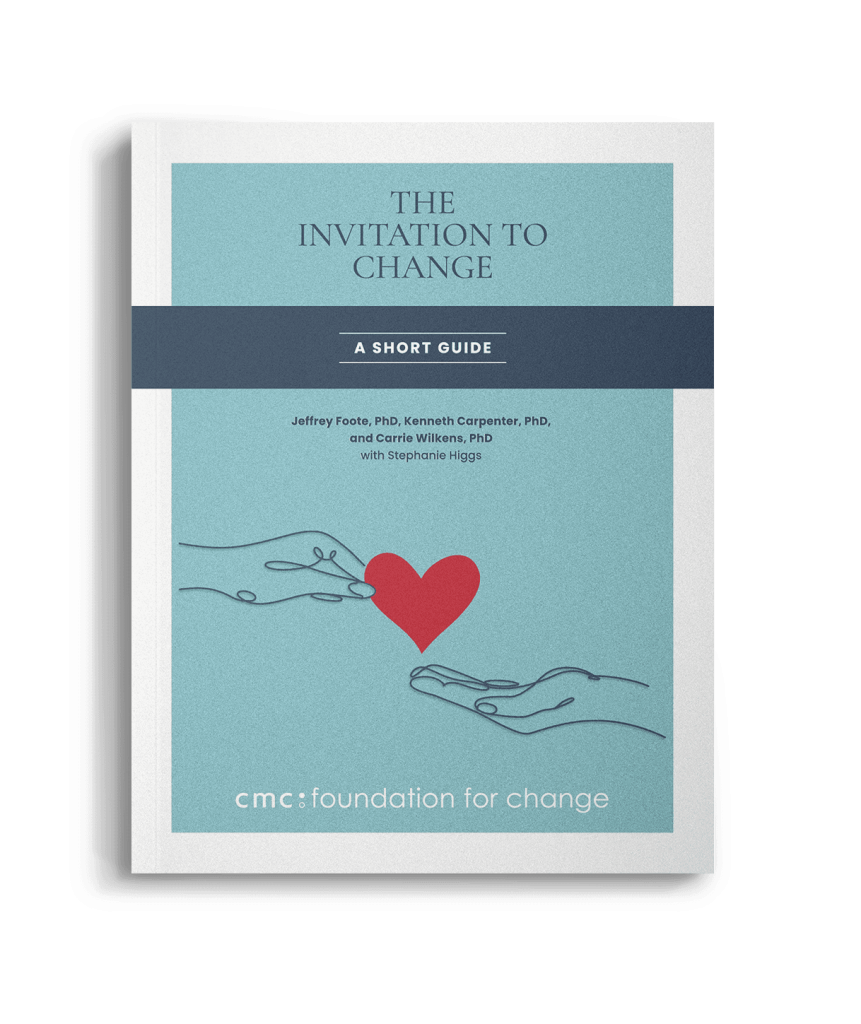You may wonder if anyone can really understand what you’re going through. The truth is that your path is unique. Some of what happens could only happen in your family. Yet millions of people have walked down similar roads; roads with stories, realizations, experiences, heartbreaks, and successes that look, sound, and feel a lot like what you’re going through.
We recommend talking to some of these people. Research has found time and again that social support helps when it comes to, well, pretty much everything. You may worry about privacy, gossip, and the “public” perception of your child/yourself/your family. You might not consciously choose to withdraw; you may simply be rushing around with your heart in your throat, and your focus has naturally turned inward. You may feel protective of your child; and frankly, at times, embarrassed. These feelings can easily lead you to pull away from the support systems you normally rely on. Or you may not be in the habit of asking for help. You may even be dead-set against it.
While these are reasonable concerns and valid feelings, isolation can make you feel worse over time, depriving you of the energy and resiliency you need to cope—and to help. Do not underestimate the toll that isolation can take. It can exacerbate depression, anxiety, and stress, making it more difficult for you to handle hard, emotionally charged situations. Over time, your buffer zone (or emotional resilience) gets smaller and smaller; your ability to take an emotional “hit” from your child, be it small (late for school), medium (truancy notice from school) or large (crashed the car) without sinking or reacting badly yourself gets really diminished.
Conversely, social support can increase your resilience. You are not alone, but isolation can creep up on you. Fighting the pull toward isolation will help you feel better, and help you help better.
Next Page: Shame & Self Compassion: Opposite Worlds


